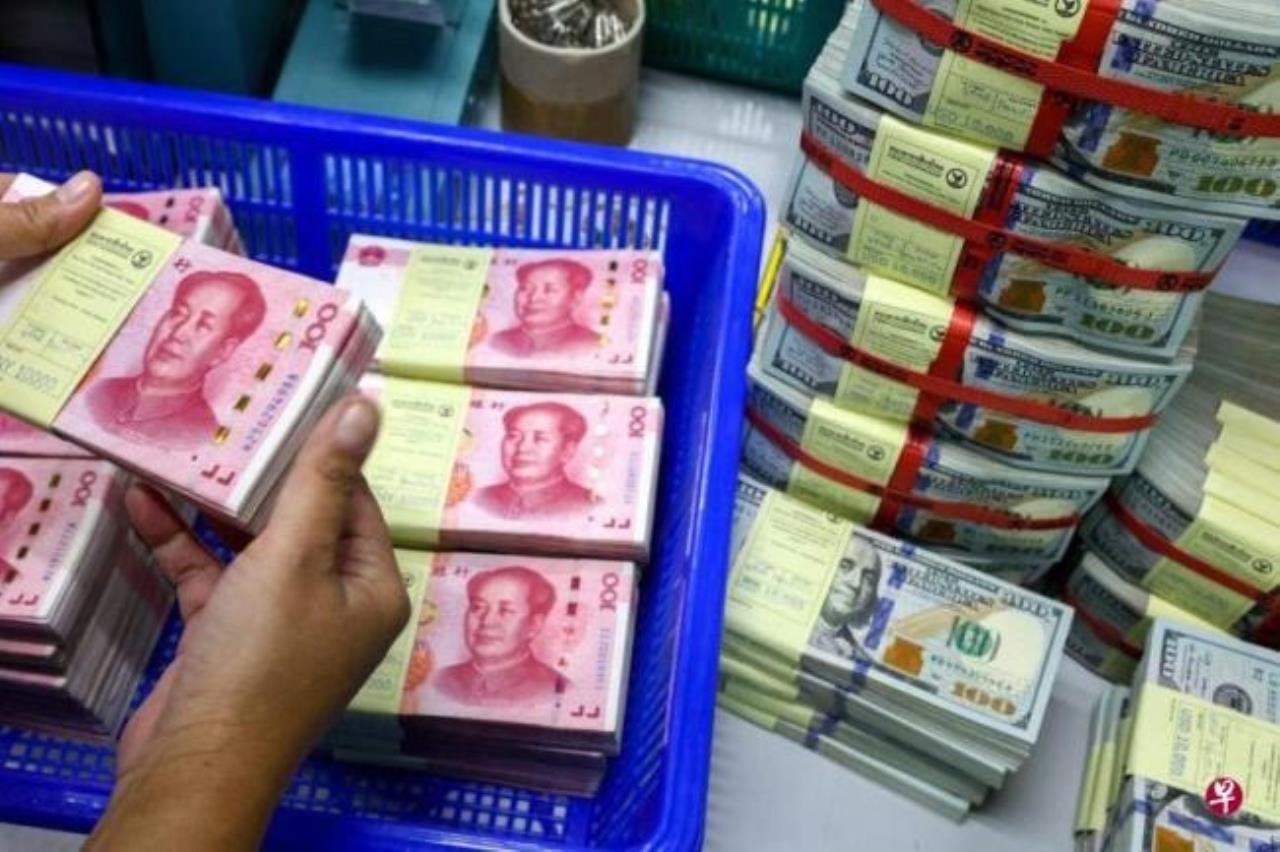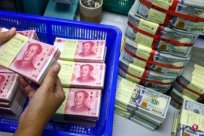
U.S. media reports may be reported by American media.Rising, but it is unlikely to replace the US dollar to become global reserve currency, unless China's economic model has some real dramatic changes.
The Wall Street Journal reported on Monday (April 10) that the predictions about the "US dollar as king" will occur from time to time, usually after impacting sanctions, such as current sanctions that impact the Russian economy.But so far, the role of the US dollar as global trade and reserve currency still looks quite stable.
According to data from the International Monetary Fund (IMF), the share of the US dollar in foreign exchange reserves in the global central bank has declined in recent years, but it accounts for nearly 60%, exceeding the sum of all other currencies.
It is reported that the dominant position of the US dollar in global trade is still firm.According to data from the International Clenging Bank, about half of global trade is denominated in the US dollar, which is much higher than the share of the United States in international trade.
The US dollar is used to settle the trade that does not involve US companies, and these non -US companies also financing with US dollars.About half of cross -border loans and international debt securities on the offshore market are priced in US dollars.According to a survey of International Clearance Bank last year, in all foreign exchange transactions, one of the currencies accounted for 88%of the dollar.The capital market in the United States is huge and standardized, which attracts foreign companies to invest and financing there.
However, as the United States uses the dominant position of the US dollar as a weapon, other countries will try to find alternatives, especially those countries that face US sanctions.China, a rising country, is one of the options.But last year, RMB accounted for only 2.7%of global foreign exchange reserves.
Reports pointed out that the expansion of the use of the RMB has an obvious but important obstacle: China still implements strict capital control.This will limit the willingness to invest and borrow money with RMB in addition to direct trade with China.Considering China's proportion in global trade, China may be able to settle more trade with other countries with RMB, but the payee also needs to invest in a safe place.
China's capital market is still under development, and there are strict regulations for foreign investment directly on the shore asset investment. These are all big problems.Compared with the currency markets of many developed countries, China's offshore RMB market is also small.The RMB is more widely used for investment purposes, and it will also bring other huge changes to China, including the decline in domestic savings rate and rising costs of RMB funds.
It is reported that this change will directly challenge China's current growth model.China's current growth is still seriously dependent on exports, as well as the capital costs of artificially lowering domestic state -owned enterprises.




